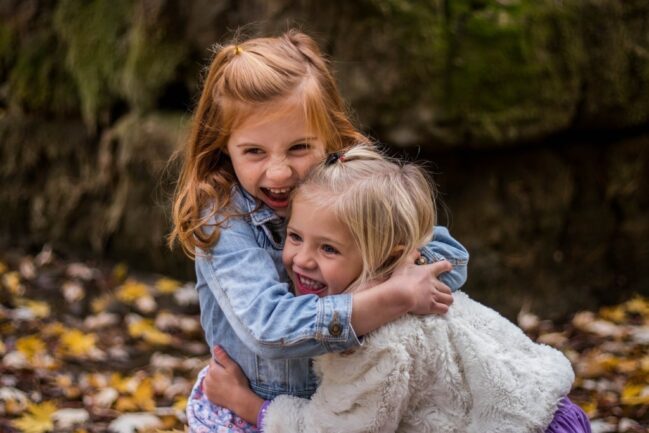Blog
How Our Childhood Affects Our Adult Life
February 11, 2019
2 minutes, 51 seconds
This article explores how our childhood can affect our adult life. From behaviour to attachment.

Can an adult acquire a certain personality trait just because of childhood experiences?
Firstly, it is important to note that if a child is raised by an overprotective family then they will develop fears and insecurities, learning that the world is an unsafe place, therefore as an adult they will still have fears and insecurities which will be displayed in a different way.
Our childhood experiences affect out behaviour and personality into adulthood, even if we were not aware of the existence of this connection.
When we consider how childhood experiences affects adulthood, lets look at the example of the insecure child with over protective parents: they might develop a fear of strangers and therefore prefer to stay in doors with parents rather then meeting with friends. When this person grows up the culture and environment they are in may force them to deal with strangers and stay away from parents, therefore the fears will take on another form.
In adulthood we continue to strive to fulfil the desires we developed in childhood. Even the single childhood experience such as being the youngest child can affect the life of the child into adulthood
Adulthood can be seen as an extension of your childhood experience. A person will try to fulfil their childhood desires when they become an adult in a way that is acceptable by society and culture.
Different experiences in childhood will affect the adult you become.
Here are some experiences that come up in the therapy room:
- Parents being supportive/unsupportive
Everyone thrives in a caring, support environment. Research suggests children who receive support from parents will achieve better academically. When we consider unsupportive parents, the child will have a sense of freedom, perhaps not following rules and therefore when they become an adult, following rules and taking orders may be difficult.
- Doing everything for children
Micromanaging children and their activities for fear that they will make the wrong decisions will cause them to become over reliant on others or have high expectations on other peoples’ roles into their adulthood. They may find it difficult in adulthood to make choices, therefore developing low self-esteem or have little confidence in their abilities.
- Attachment
How attached children are to their parents governs whether they become well- adjusted adults. Secure attachments will help a child develop academically, socially and mentally and children with secure attachments are less likely to use drugs.
Avoidant attachment: children with this attachment will be uncomfortable with closeness. Into their adulthood they may find it difficult forming and keeping relationships.
Anxious attachment: children may crave closeness and are insecure about relationships. Therefore, as an adult they may become clingier in relationships.
Disorganised attachment: this arises from fright without solutions. This form of attachment can arise from abuse, neglect or unresolved trauma or loss. The effect of this into adulthood is resulting in the individuals not being able to make sense of their experiences, they may have difficulties expressing themselves and will be unable to self soothe. They will have issues with trust and struggle in relationships.
It is clear that childhood has an effect on our adulthood, our early experiences shape our belief about ourselves, others and the world. Therefore, we learn rules to protect our self-belief as it may make us vulnerable. In doing this, we form dysfunctional behaviours, which then can lead to mental health problems.